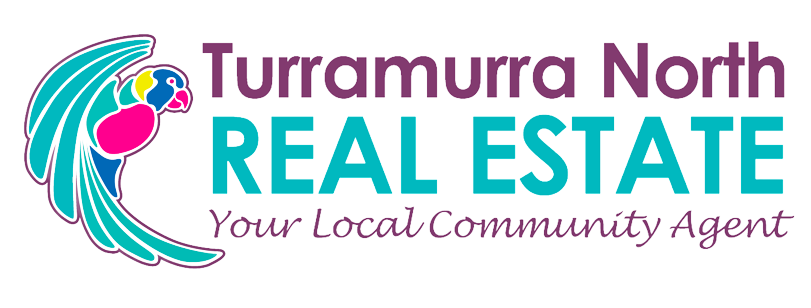
As managers of rental properties, as well as being sales agents of property, we are often asked by people who would like to become property investors – how do people enter the field of property investing in the first place? With property values heading upwards again and interest rates being at record lows, the potential for capital gain makes property investment most appealing. If you have a plethora of funds, becoming a property investor is going to be easy. Most property investors we know, however, did not have the luxury of an easy entry and some have said it took sheer grit and determination to raise the deposit for the first investment.
SOME STRATEGIES
If becoming a property investor is a serious item on your wish list, here are a few ideas gleaned from others.
1) Become serious about saving: That means economising. Create a plan to save a certain percentage of your income and stick to it. That may mean cancelling the gym club membership or other activities, but the fact is people do achieve it – and they are not always high-income earners. Some couples arrange their finances so they can live off the earnings of one and use the other’s earnings for saving.
2) Extra income: People have also been known to rent out rooms in their home to earn extra income – either through Airbnb or a room for a university student-although there could be some tax implications.
3) Use of equity/extend mortgage: Borrow against the equity in your home (depending on how much equity you have). Some people in this situation choose to extend their mortgage. It is worth having your home valued – accurately – perhaps by a valuer or reliable real estate agent and then sitting down with a mortgage broker to obtain useful advice. One good thing about extending a mortgage: it tends to be the lowest cost debt you will ever have, so it can be a most useful working tool. If you extend your mortgage, an important consideration is that it is likely to increase your repayments, meaning you will need cash-flow from the investment property or the capacity to handle the increase. It is important to discuss this with the broker.
4) Borrow deposit: Another option is to borrow the deposit from a relative or invest in a project jointly with relative or friend. If you do this, you need to be very clear on the objective. For instance it needs to be agreed as to how the share-holding will be divided up if one of you puts in more money or work and how long the property will be held for etc. Agreed points need to be put down in writing. 5) The first of many: Depending on their objective, some property investors become multiple property investors. They do this by maintaining their savings level, reinvesting to gain equity in the first purchase and then borrowing against that for the second.
While we can not help you with the savings side of things, we can give you some guidance on the approximate costs of having an investment property managed, the most appropriate insurance to have and likely income from various types of property.
